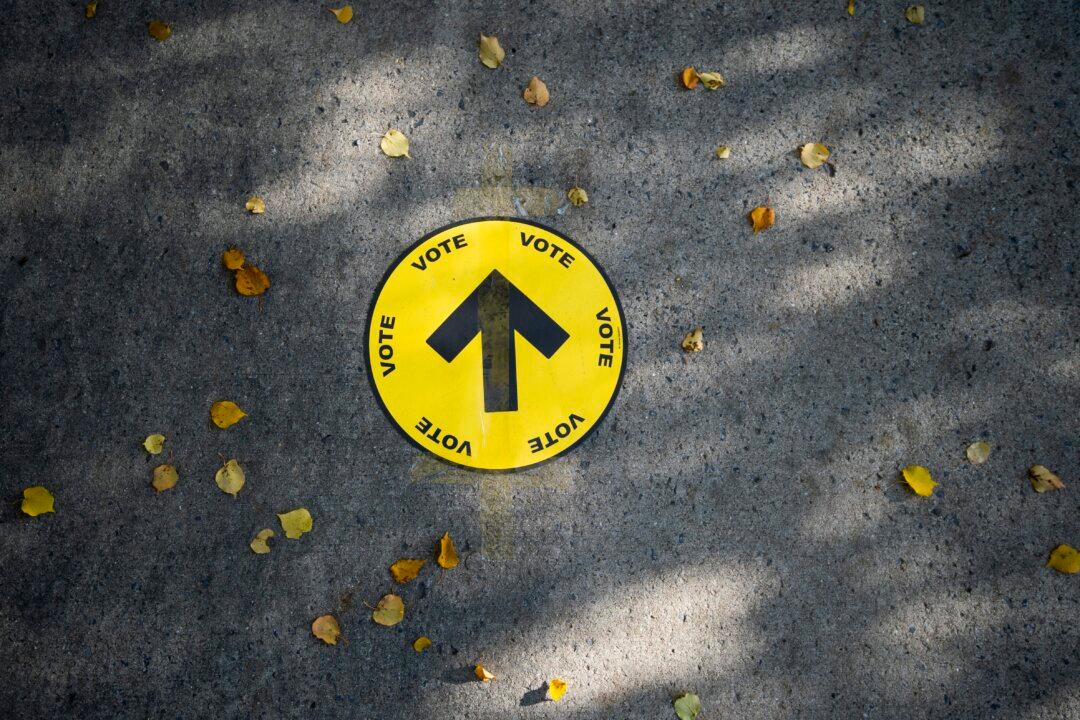Commentary
On Sept. 20, Canadians will be heading to the polls in a federal election for the second time in two years and some two years ahead of schedule.

On Sept. 20, Canadians will be heading to the polls in a federal election for the second time in two years and some two years ahead of schedule.